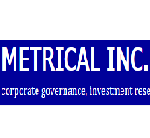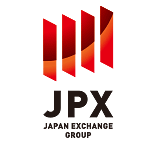NOTE: This public comment supersedes and replaces the one that I, Nicholas Benes, submitted on January 12, 2019)
As the person who initially proposed the Corporate Governance Code to the LDP in 2013 and 2014, and suggested a number of principles in it, I am well aware of its limitations in various areas and the fact that Japan has not yet attained the quality level for an equity market that is expected by global investors. In this sense I am very pleased that the JPX has decided to review its equity market structure and related standards.
Challenges and Realities
This indeed an important mission, for which is it essential to recognize and discuss the impact of a number of challenges that Japan faces in improving governance, efficiency, and trustworthiness of its equity capital markets. These challenges include:





